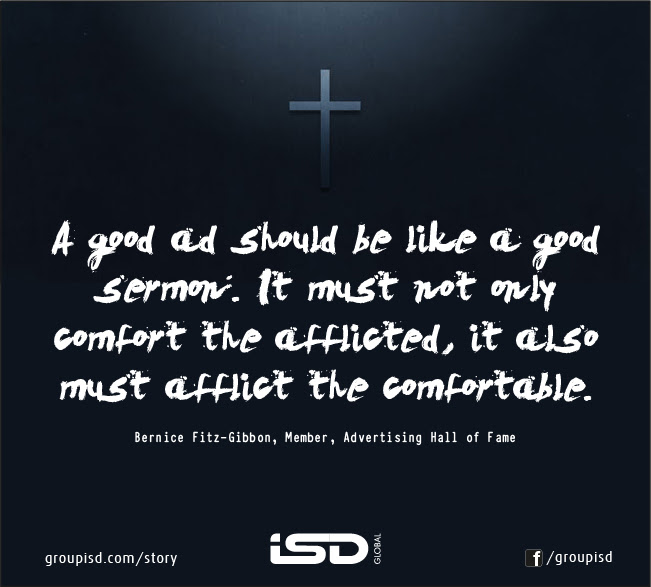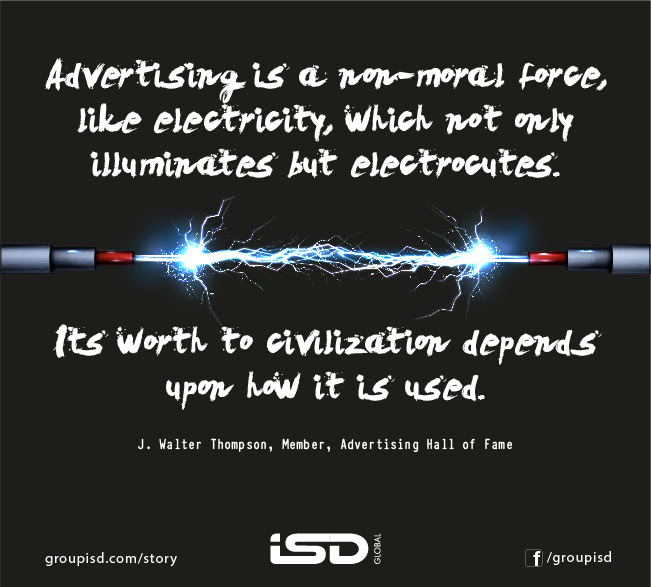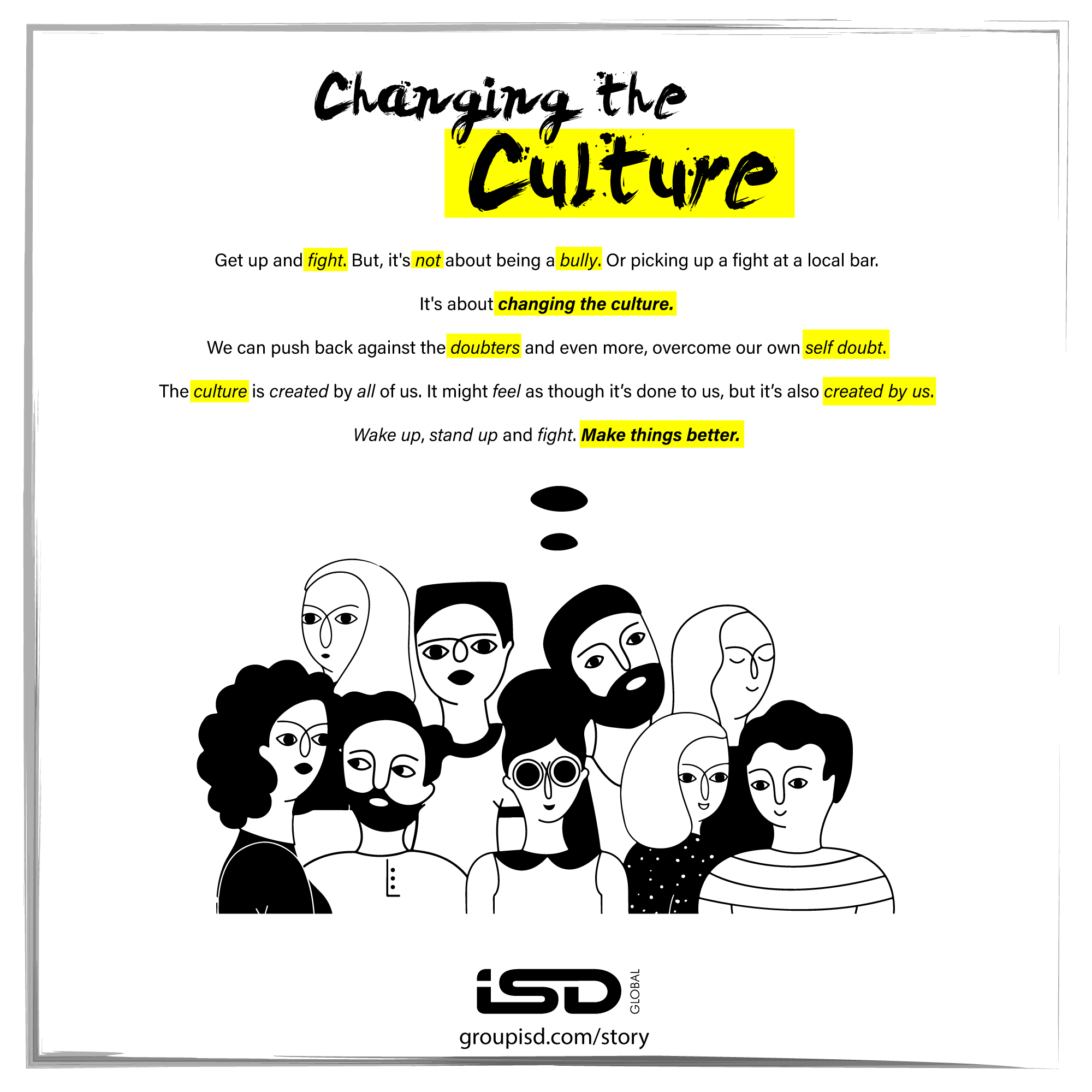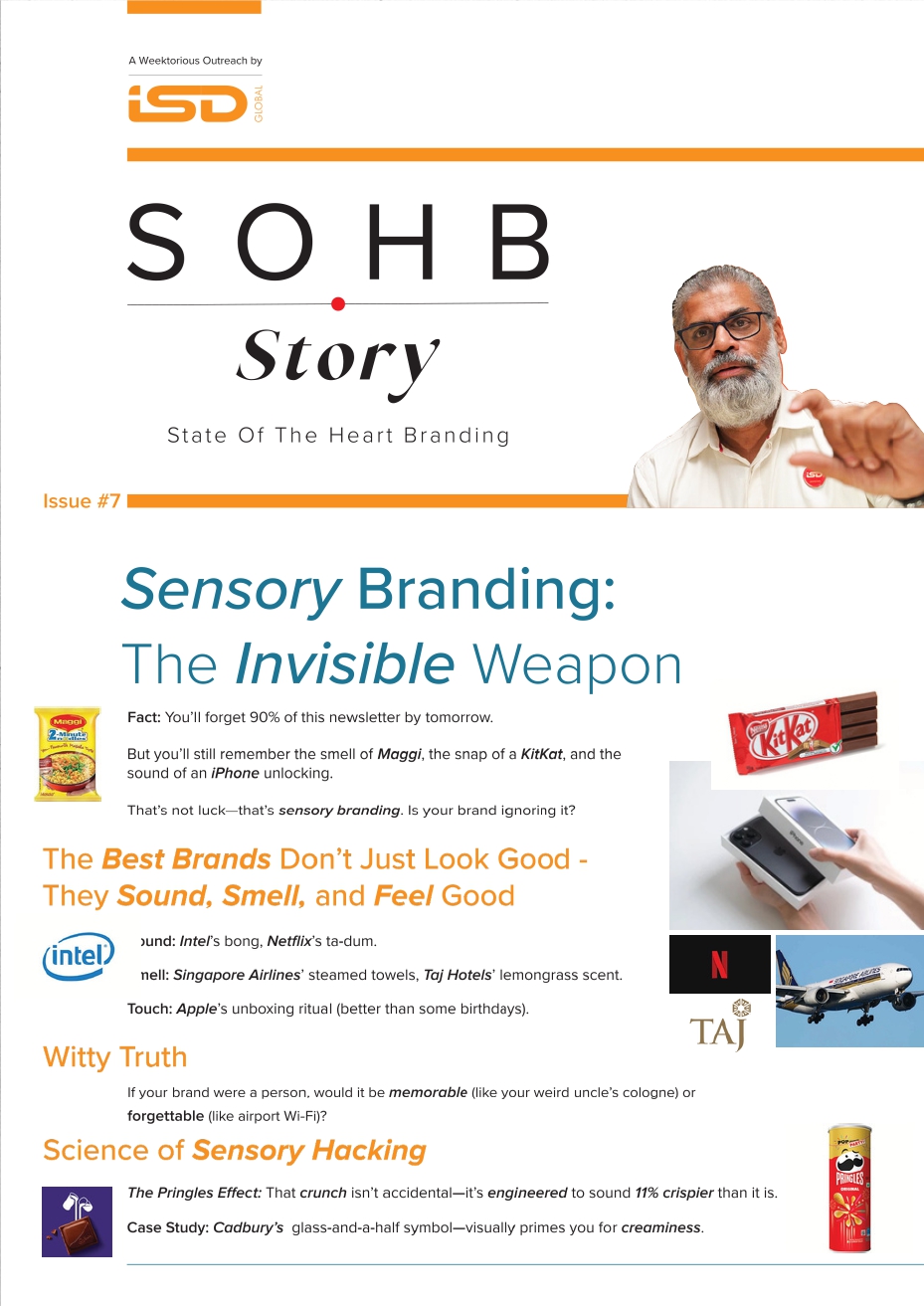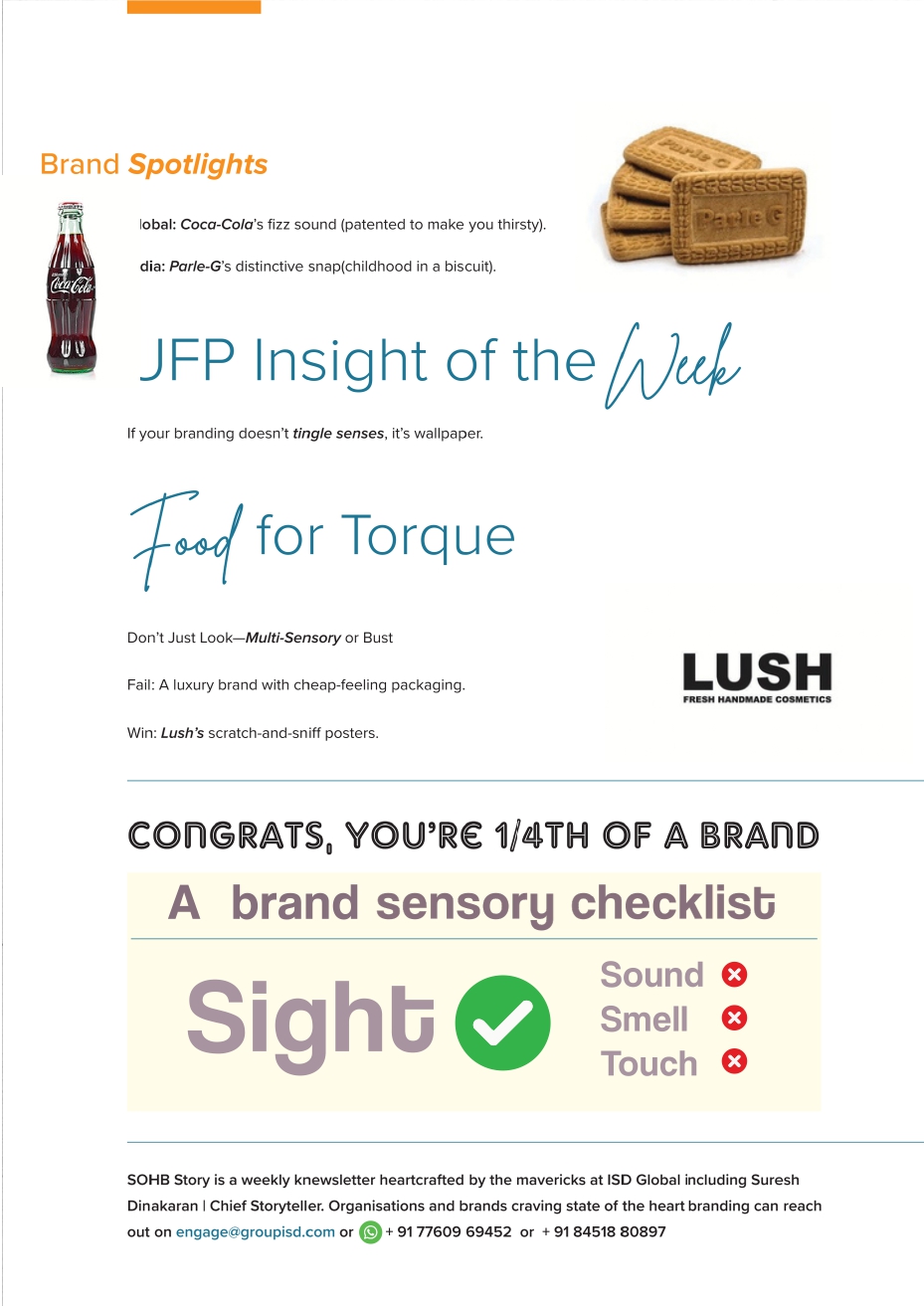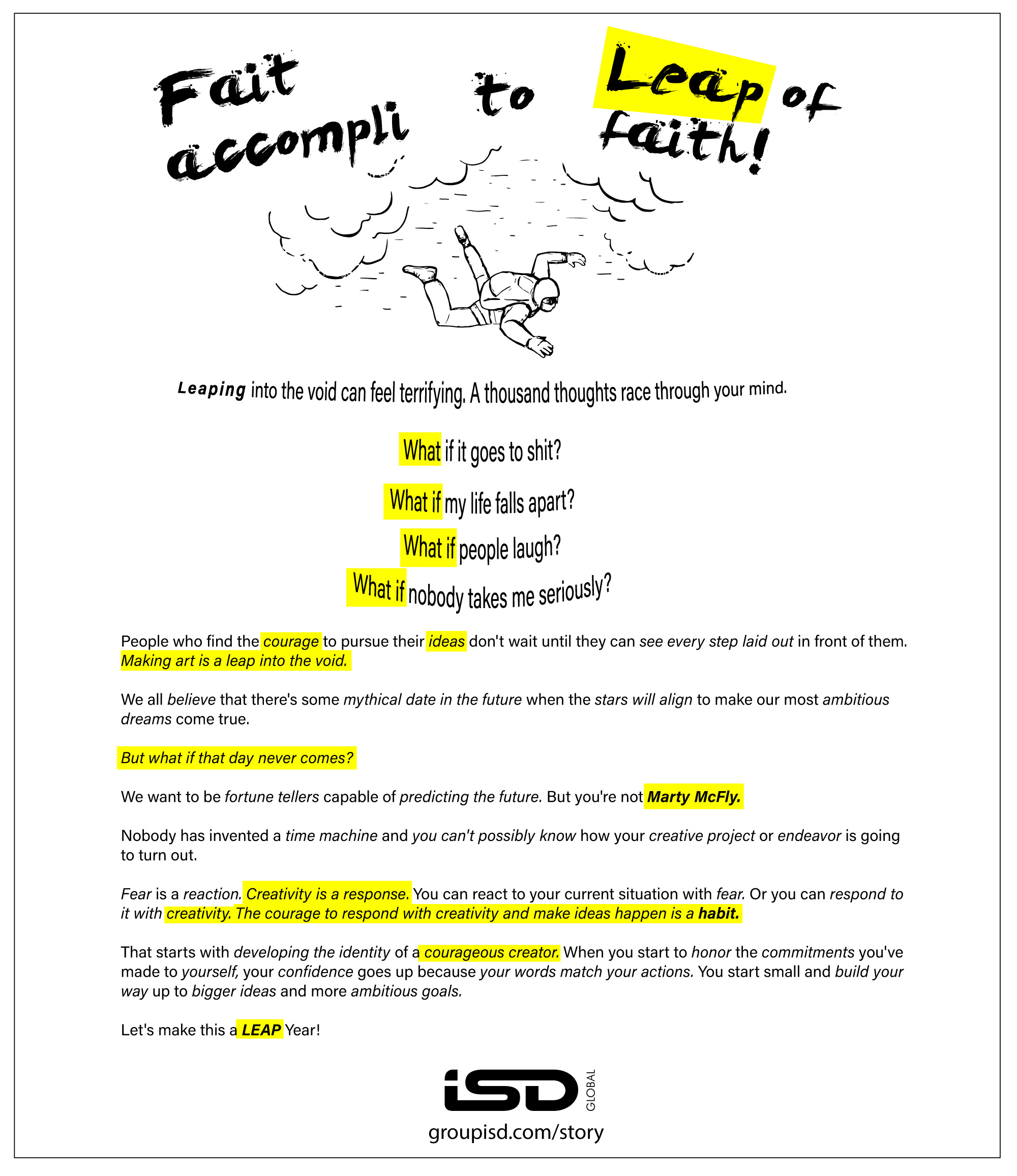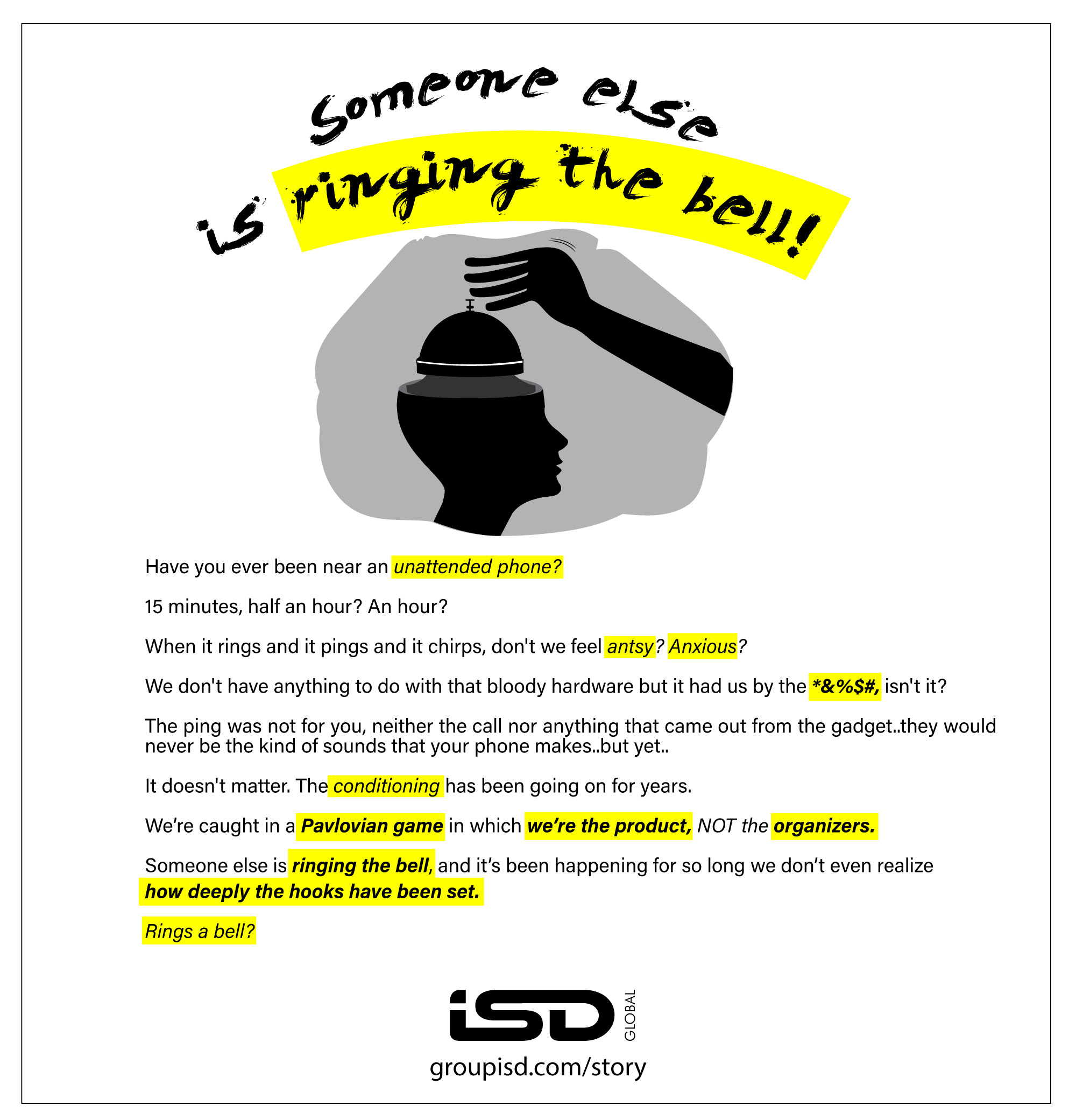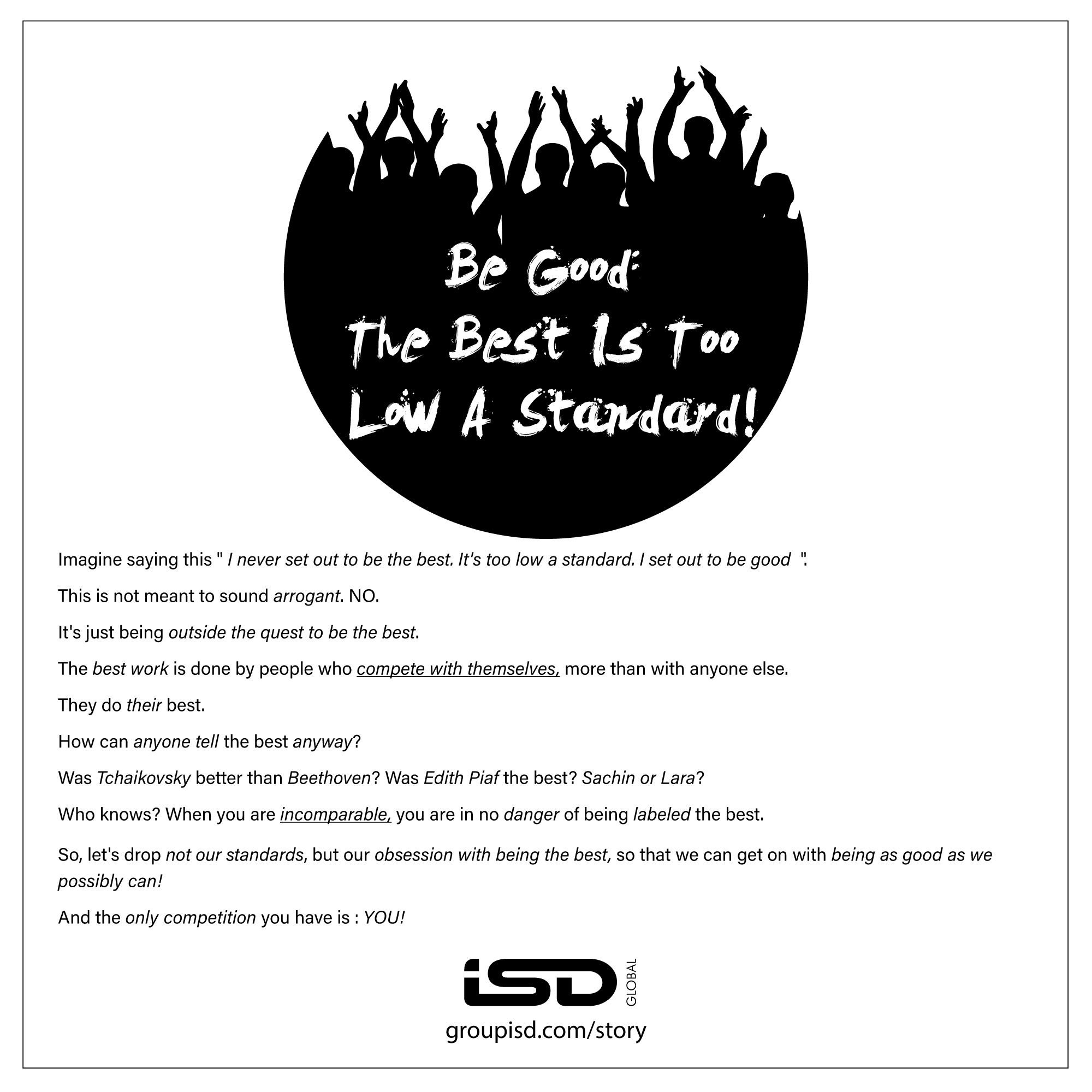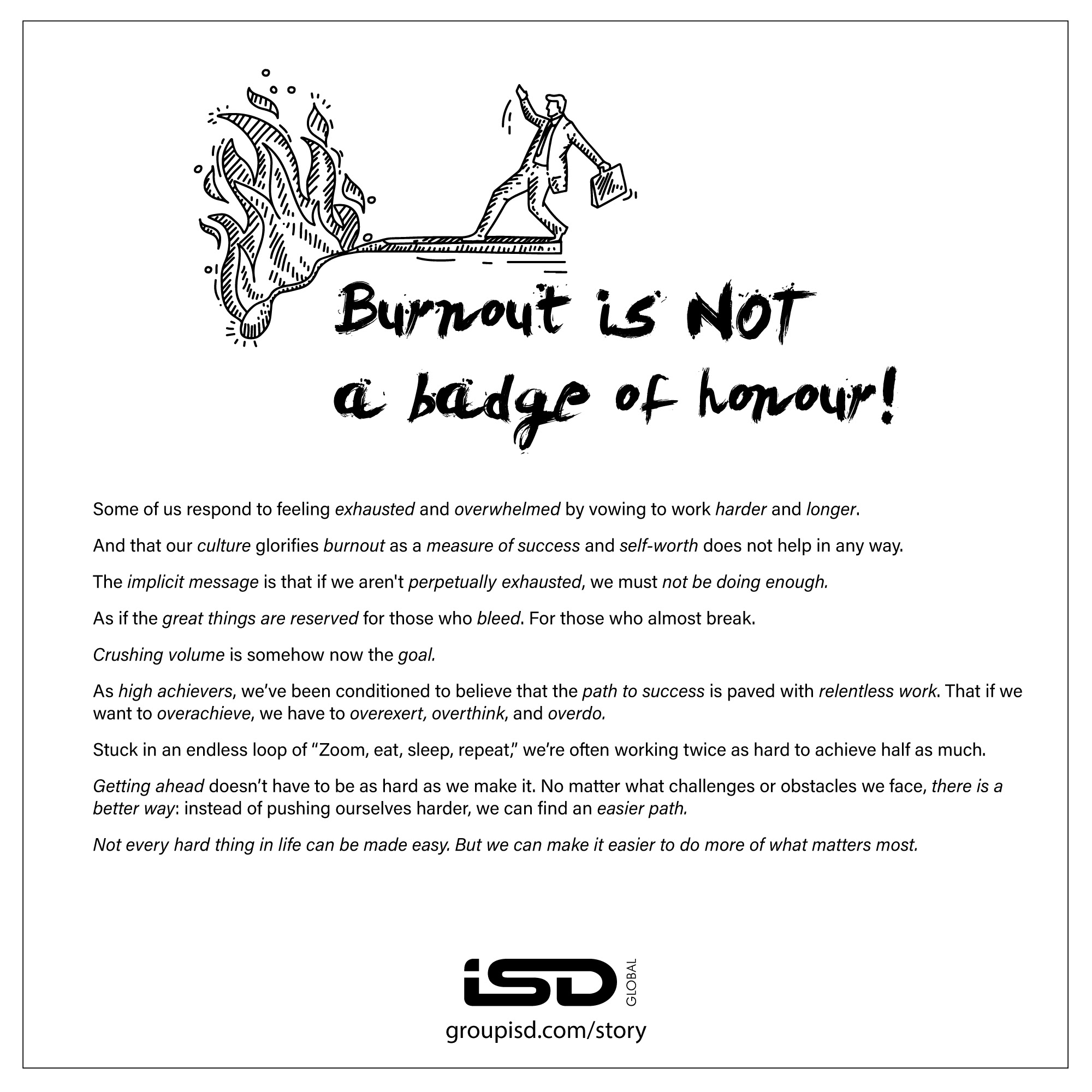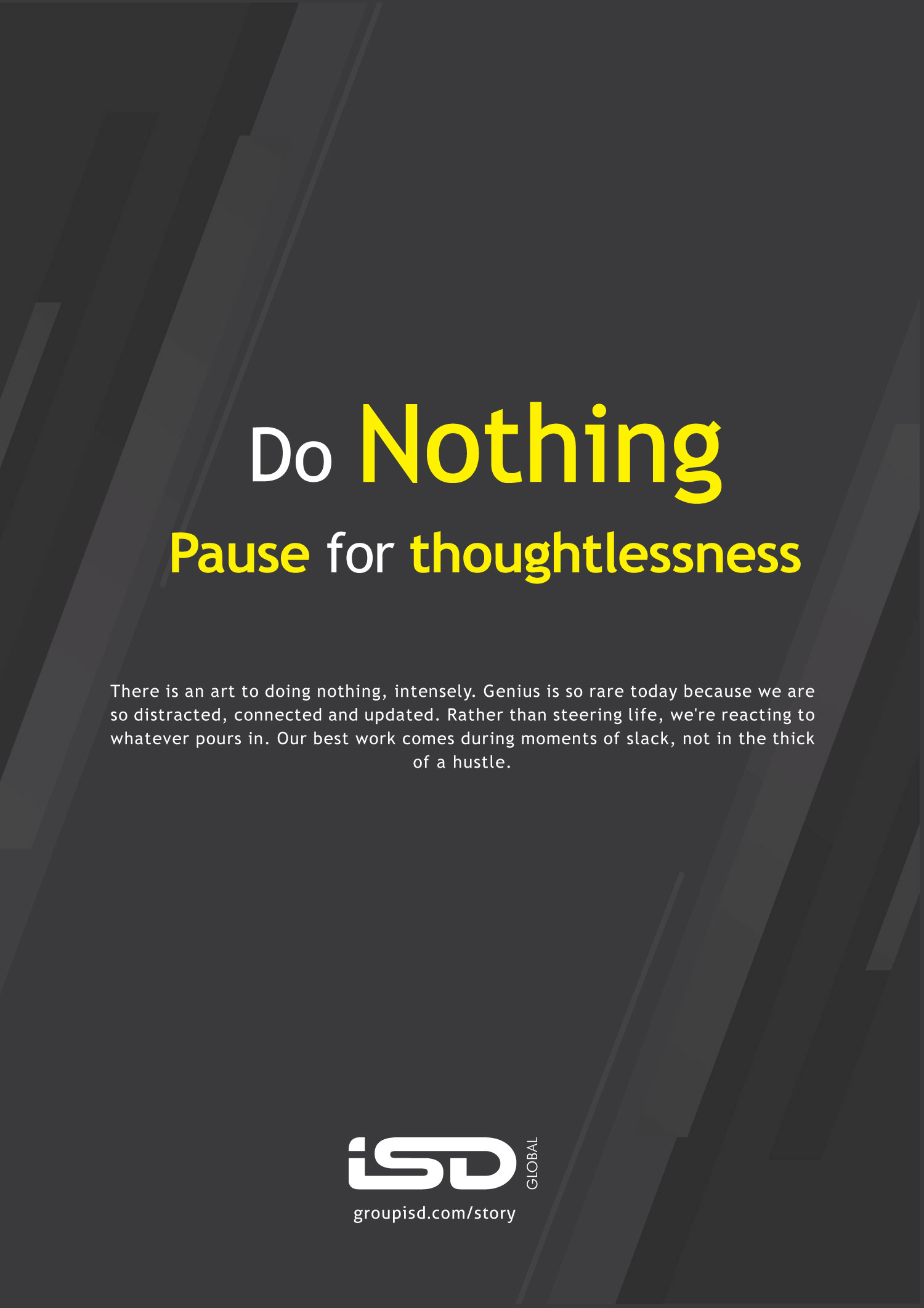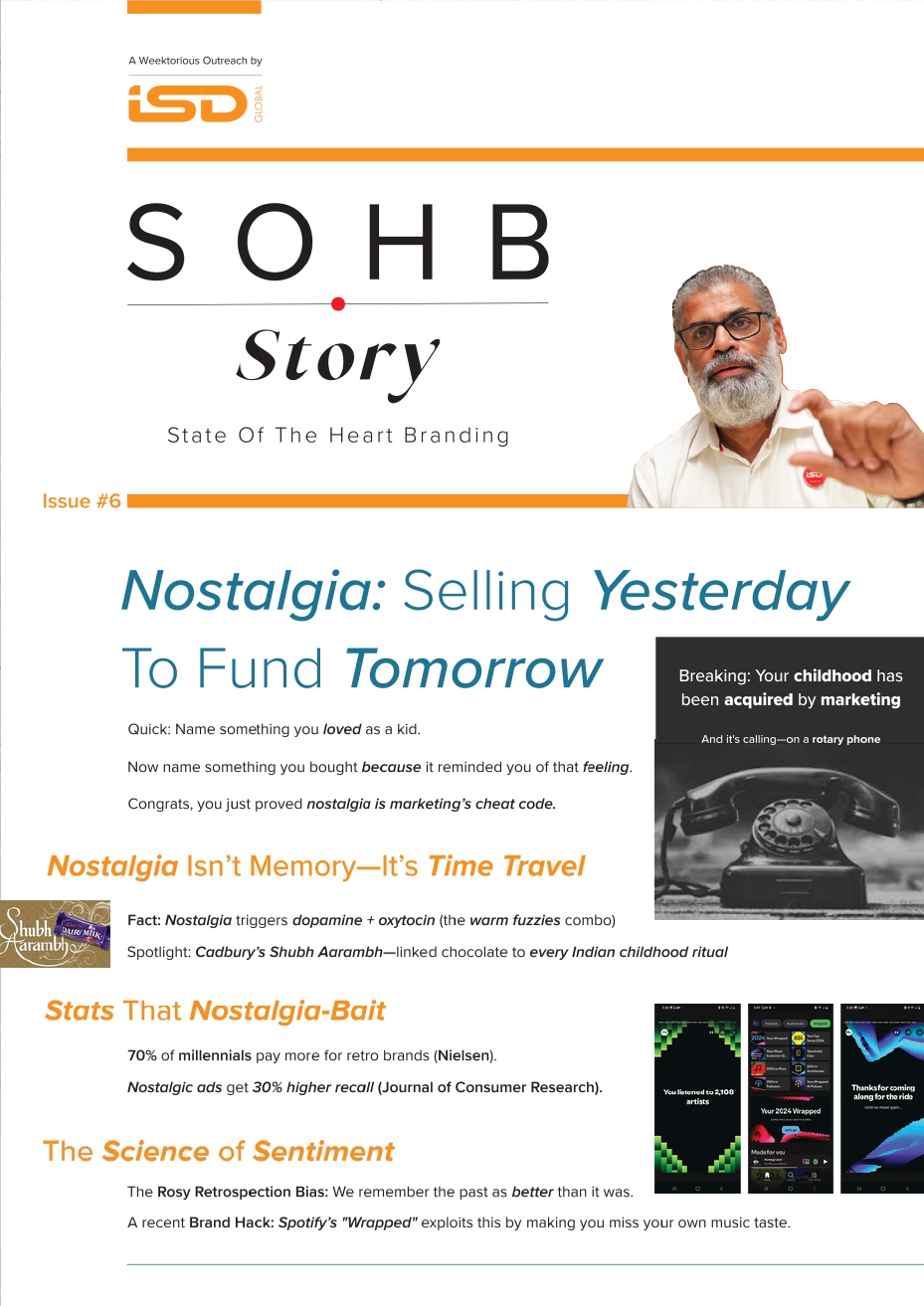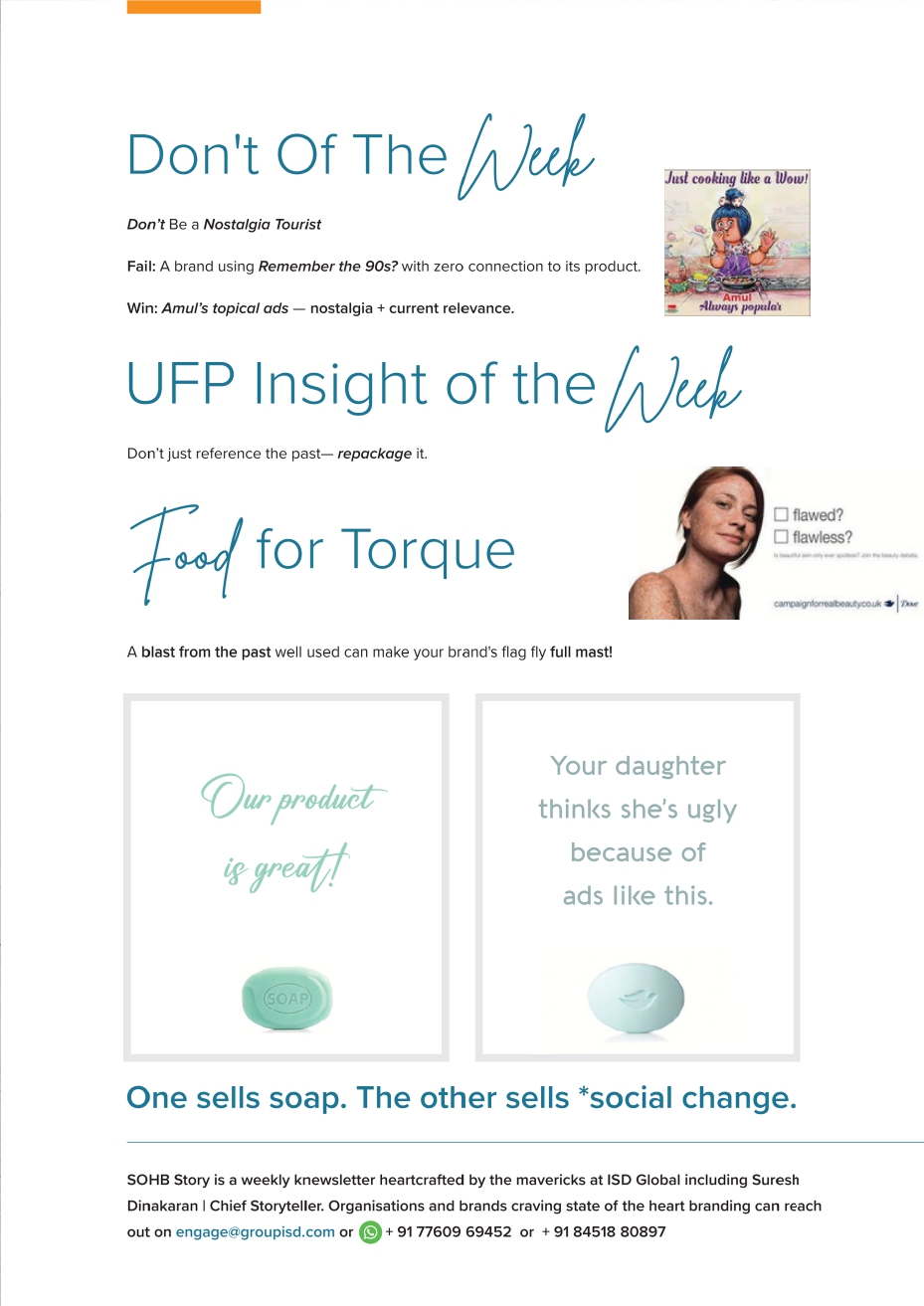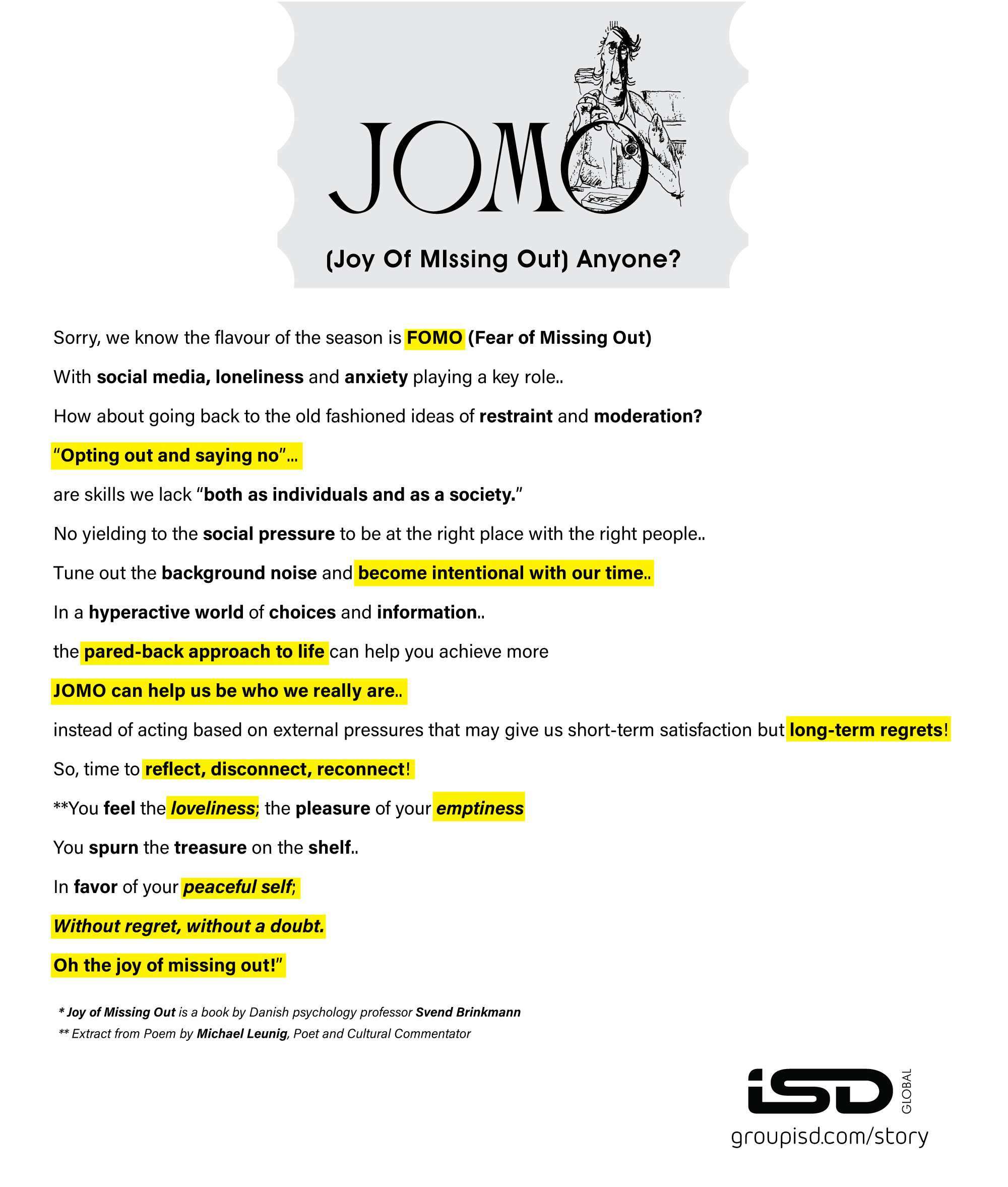Think about it:
Rolex doesn’t make watches. They make TIME feel inadequate.
Ferrari doesn’t sell cars. They sell the AUDACITY to make people wait.
Chanel doesn’t create handbags. They create YEARNING with a zipper.
These brands didn’t become iconic by being available. They became iconic by being UNAVAILABLE.
Whether you’re the C in CEO, the X in CXO, or the O in “Oh damn, we need a better brand!” — this post is being dared as your wake-up call. Pardon the trespassing, if any.
Warning:Reading this may cause extreme envy from competitors, sudden surges in demand, and an uncontrollable urge to say “Access Denied”with a smirk.
Access is the new aspiration, and the smartest brands are playing hard to get — not because they’re arrogant, but because scarcity sells, and abundance bores.
Let’s get real — everyone wants what they can’t have. And in branding, desire is built not by shouting YES, but by whispering a seductive NO.
This isn’t a post—it’s a branding exorcism. The intent here is to:
Murder your desperation for mass appeal.
Resurrect your brand as the unattainable holy grail.
Teach you to weaponize “NO”—and make them thank you for it.
Let’s talk EXCLUSIVITY. Not the snooty, “velvet rope at the club” kind—no, we’re talking about building such legendary demand for your brand that even your “NO” becomes the hottest ticket in town.
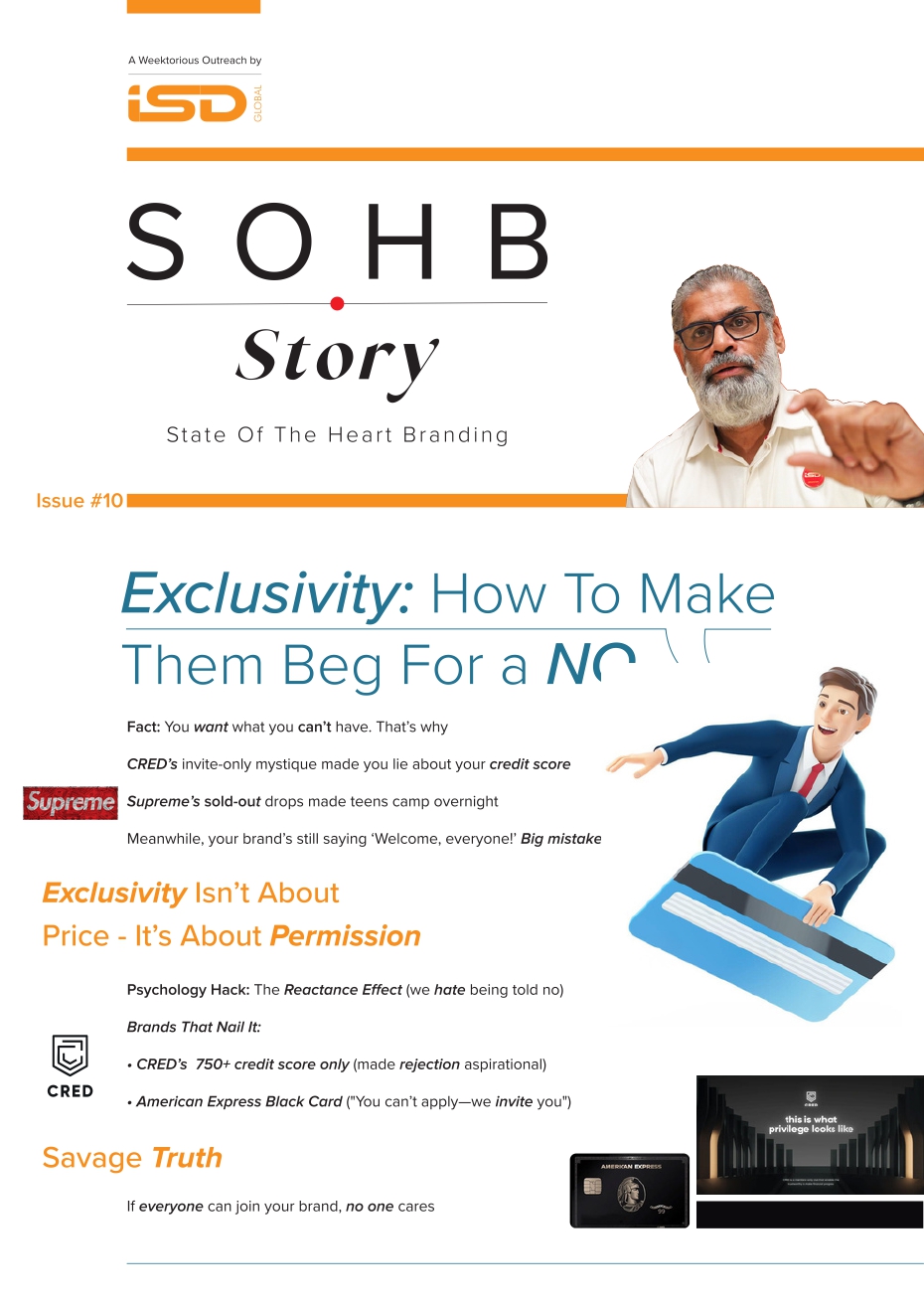
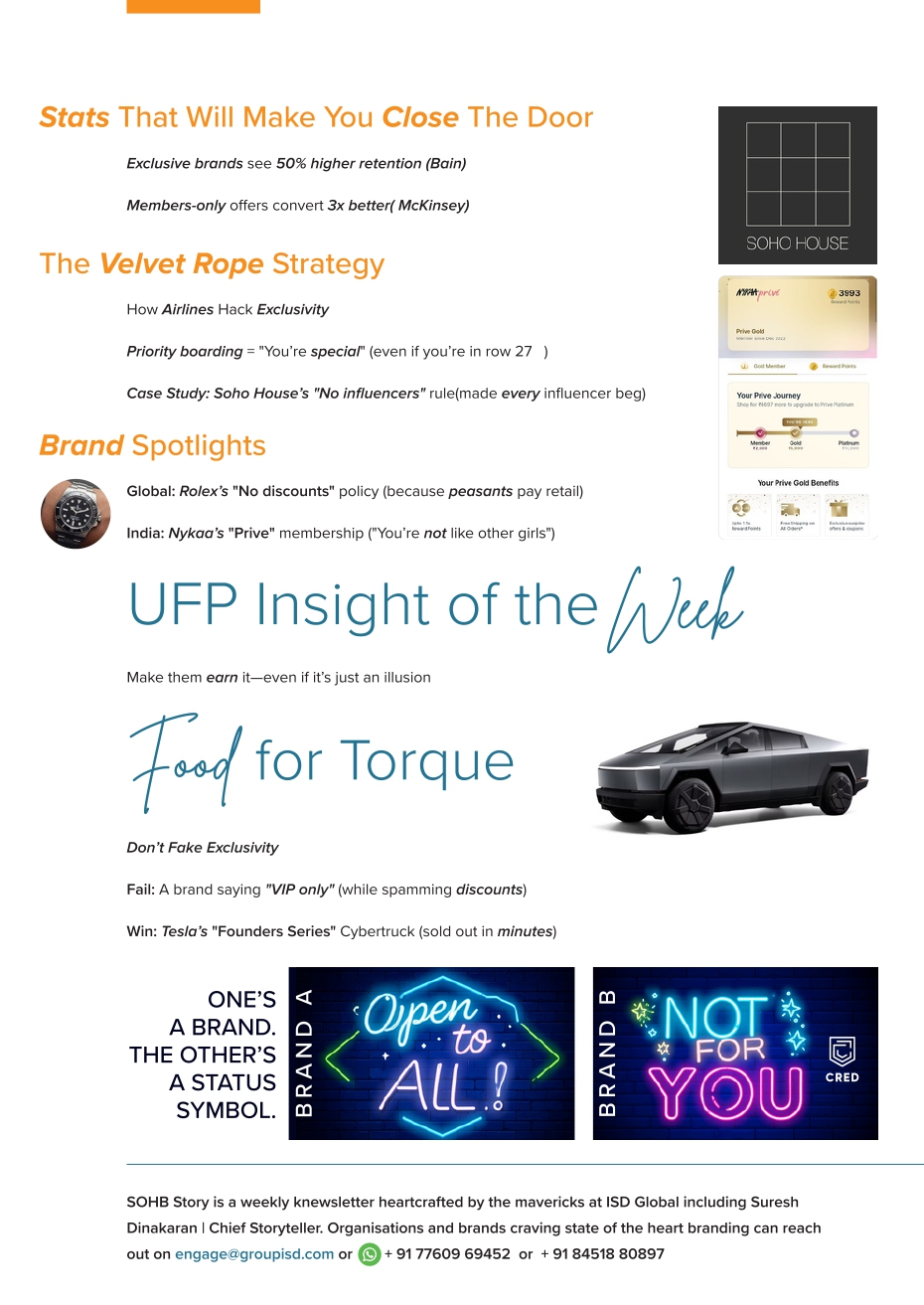
Interested in some counter-intuitive truth? That most C-Suite leaders know but won’t admit? The most successful brands don’t chase customers. They make customers chase THEM.
Hermès doesn’t advertise their waitlists. They ARE the waitlist.
Tesla removed their referral program. Demand went UP.
Supreme drops limited collections. The world loses its mind.
The pattern? These brands have weaponized scarcity. They’ve made “NO” their most powerful marketing tool.
Why Exclusivity? Because “premium” is overrated. True exclusivity isn’t about being expensive—it’s about being irresistibly unavailable. It’s the art of making your audience beg for a NO. (And then charging them for the privilege) .
This approach is perfect for all those brands tired of competing on price (yawn). For all the leaders who’d rather be coveted than just visible.
And for anyone who’s ever thought, “I wish my ‘no’ had a waiting list.
Imagine walking into your next board meeting and saying: “We’re turning away customers. Our waitlist is 3 months long. People are literally begging us to take their money.”
That’s not arrogance. That’s strategic exclusivity.
Don’t just build brands. Build cults. Teach your brand to say NO (so they value your YES). Create scarcity (even in abundance). Build waitlists (not just wishlists). Make rejection feel like recognition.
Because the best relationships start with a little hard-to-get.
Let me add here that this strategy isn’t for brands that want to be everything to everyone. It’s for brands that want to be EVERYTHING to SOMEONE.
Ready to jump in? CEOs who’d rather ignite desire than chase attention. CMOs ready to write the next invite-only rulebook. Brand Owners and Guardians who want people to earn their loyalty—and not just collect it in a swag bag.
If you’re not pissing off 90% of people, you’re not for the 10% who matter.
Some food for thought: YES-men brands die anonymous. NO-makers become legends. The secret to brand lust? Make them feel they don’t qualify. Say NO. Not out of arrogance. But out of brand hygiene. FOMO is built on denial, not discounts. Build a brand people brag about being rejected by.
This isn’t for you I am afraid if you are the type of leader who believes “Customer is always right” (spoiler: they’re not); Thinks bigger markets = better business (cute, but wrong); Wants to be liked more than respected (therapy might help); Measures success by how many people you please (please stop). Then keep scrolling. This conversation isn’t for you.
On the flip side, this is certainly for you if you are the type of visionary leader who wants people to tattoo your brand logo on their souls; Believes in quality over quantity (revolutionary, we know); Understands that exclusivity is the ultimate aphrodisiac; Is ready to make competitors weep with envy.
So, are you ready to turn polite rejection into mass hysteria; where you’ll have customers outside your inbox like it’s Black Friday; to experience the forbidden joy of denial—Watch prospects go from “please?” to “pretty please with influencer sprinkles; where you are turning demand into an extreme sport— Because when you’re exclusive, FOMO burns, but FOTNO (Fear Of Them Not Owning) scars.
All set to grab your industry by the lapels and deliver a sassy, velvet-gloved “NO”? Because SOHB-State Of The Heart Branding– isn’t for brands that want attention. It’s for brands that are the attention.

